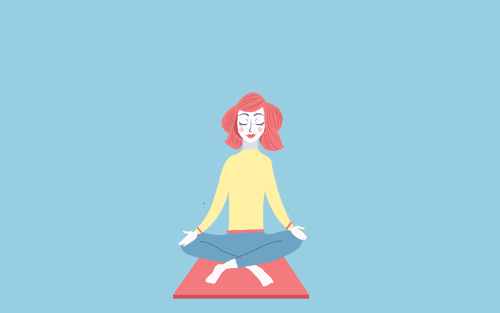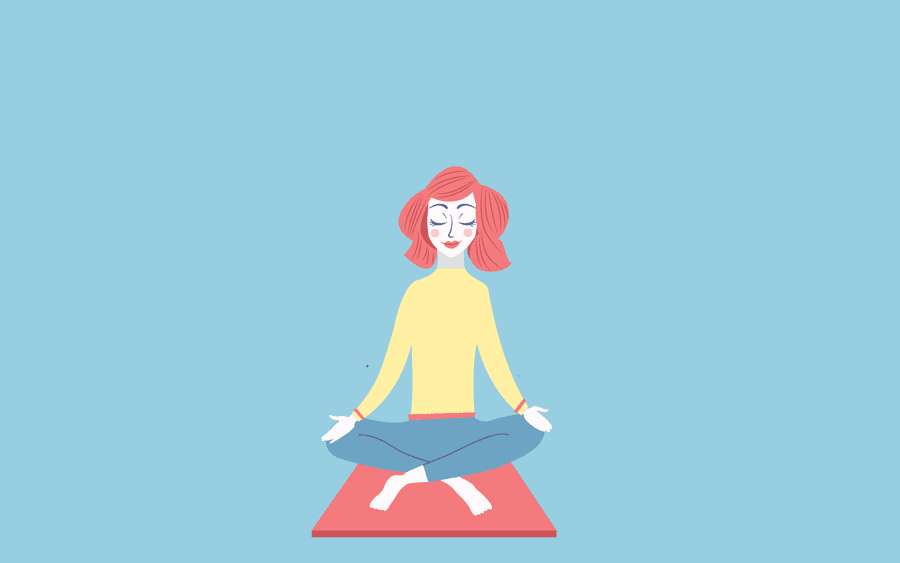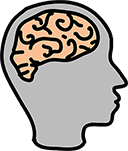Meditation is the Fastest Growing Health Trend in America - Mindful
Curated from: mindful.org
Ideas, facts & insights covering these topics:
5 ideas
·2.66K reads
5
Explore the World's Best Ideas
Join today and uncover 100+ curated journeys from 50+ topics. Unlock access to our mobile app with extensive features.
Meditation helps you navigate stress, both acute and chronic
Mindful breathing can interrupt our stress and fight-or-flight reactions—meditation may “quiet” the amygdala, the area of the brain that responds to stress.
139
464 reads
Regular mindfulness practice improves mental focus
When we multitask, our concentration levels deplete But the simple act of returning to the breath, over and over again, builds the “muscle” of attention, helping you both stay on task and recognize distractions.
159
439 reads
Mindfulness reduces bias—toward the negative, and toward others
We tend to focus on the negative. Research suggests mindfulness might help us shift gears out of our knee-jerk reactivity toward “bad” things.
126
382 reads
Mindfulness may improve mental health
When combined with traditional approaches, Mindfulness-Based Cognitive Therapy may help individuals with anxiety and depression work with rumination and troubling thoughts.
168
543 reads
IDEAS CURATED BY
Wannabe explorer. Tv nerd. Communicator. All about healthy food and healthy living.
Brianna R.'s ideas are part of this journey:
Learn more about meditation with this collection
How to apply new knowledge in everyday life
Why continuous learning is important
How to find and evaluate sources of knowledge
Related collections
Similar ideas
Read & Learn
20x Faster
without
deepstash
with
deepstash
with
deepstash
Personalized microlearning
—
100+ Learning Journeys
—
Access to 200,000+ ideas
—
Access to the mobile app
—
Unlimited idea saving
—
—
Unlimited history
—
—
Unlimited listening to ideas
—
—
Downloading & offline access
—
—
Supercharge your mind with one idea per day
Enter your email and spend 1 minute every day to learn something new.
I agree to receive email updates





